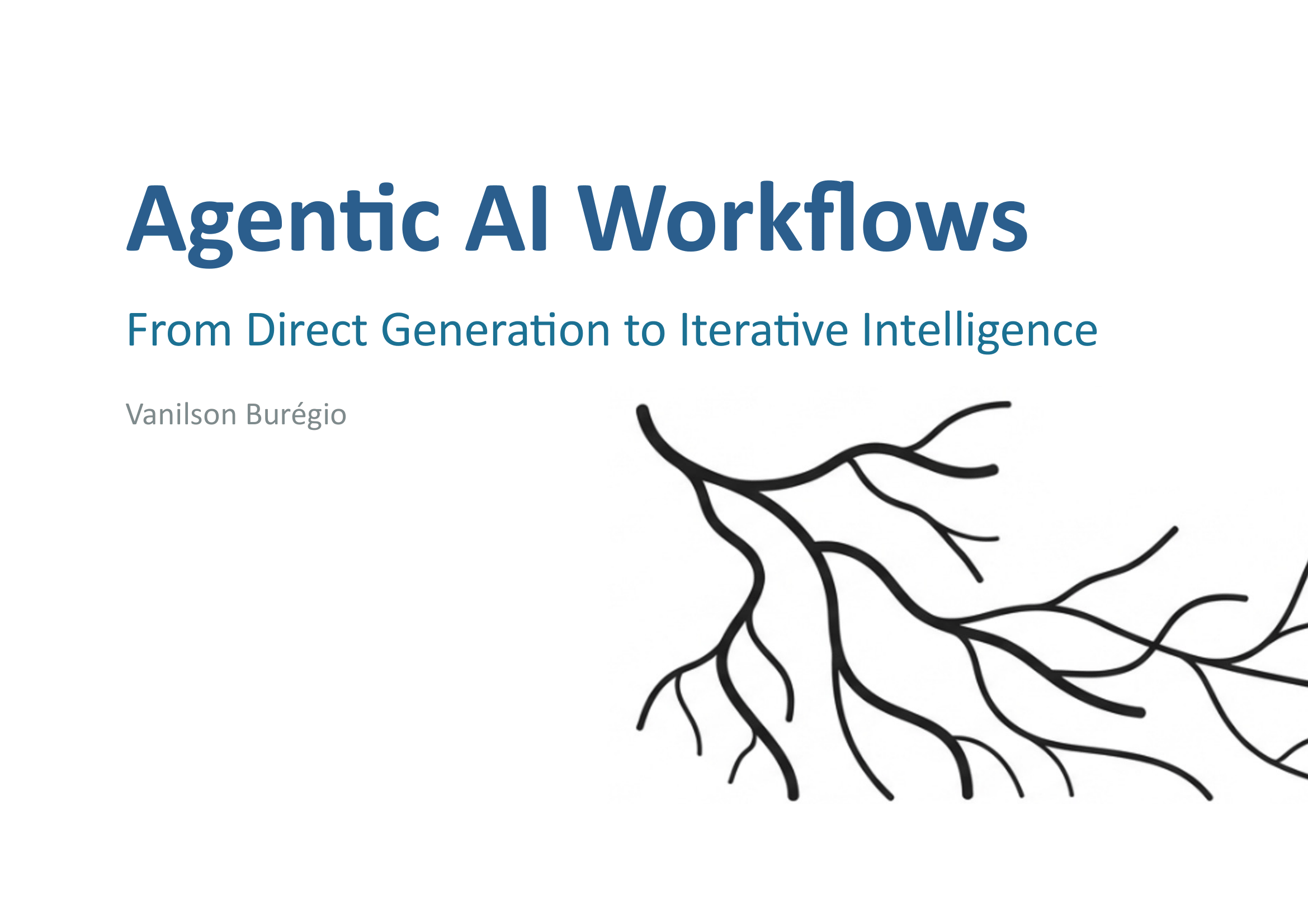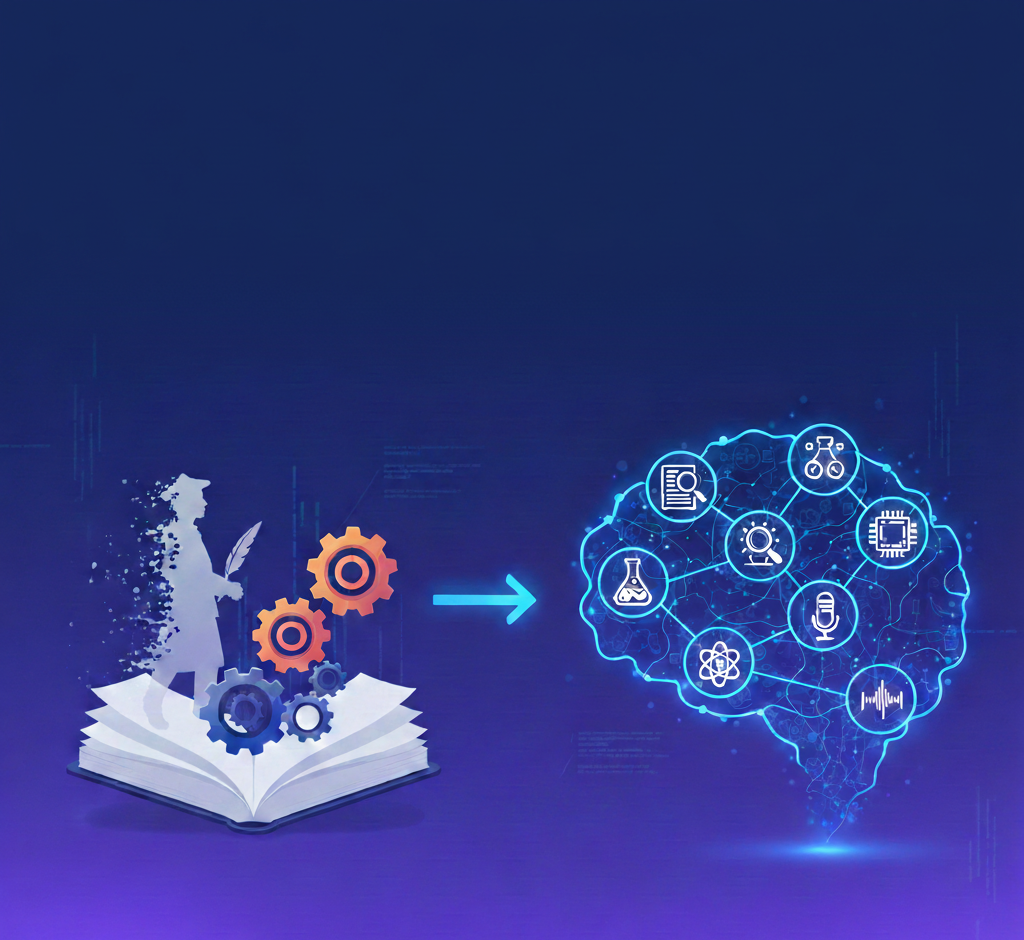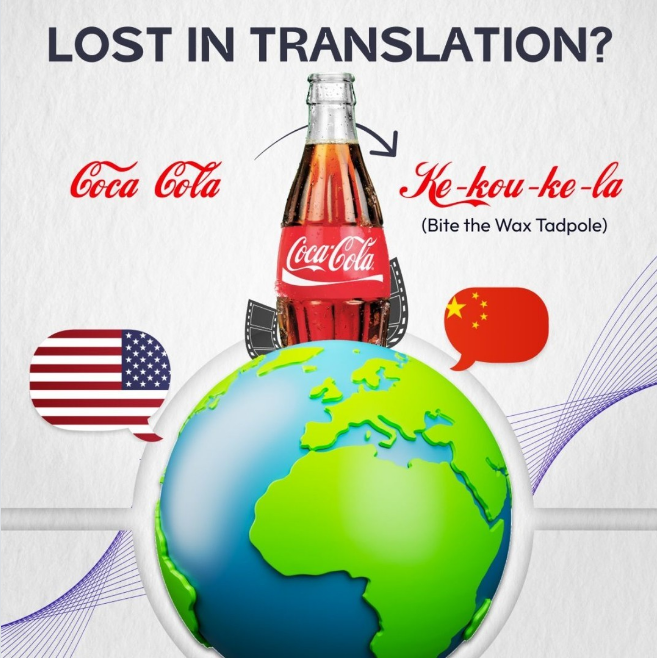Most content localization services aren’t being transparent with their offerings or their operations.Language service providers (LSPs) across the board market themselves as full-scale solutions.
But the localization tools they offer range from woefully basic to impressively high-tech. It’s almost impossible to spot the differences without actually sitting down and talking with them.Even worse, many of the big players in the localization industry still operate behind a thick curtain of obscurity, never revealing to clients what they’re doing behind the scenes with translation, with technology, or in the interests of their own bottom line.You deserve a content localization management system that’s built on radical transparency. And you need to weed out all the other services that don’t meet the needs of your enterprise. The best way to proceed is to ask really good questions.
5 Questions to Ask Your Potential Localization Partner
How much can you really know about content localization services just by browsing their websites? By asking these specific questions, you can get a feel for which services are worth your time and money.
1. Can you deploy API integrations with content management systems?
If you’re new to localization or if you’ve been managing it in-house, you may not be aware of just how far localization technology has come. Some companies are still sending email attachments or manually uploading resource files with each content update. In reality, these methods are outdated and unnecessary.There is no reason to waste time exporting content from your CMS at all. The better approach is to simply connect the systems via API integration and let the content flow.Still, you need to be careful of LSPs that put so much attention on tech as a catch-all that they aren’t willing to stop and think about the tech you actually need. They’ll just as soon sell you more than you need, and you’ll end up spending more money on “solutions” that don’t actually work for your projects in the end.Ask about each service provider’s approach to integrations in order to avoid both extremes and to land on the perfect solution in the middle.
2. Do you use translation memory technology?
Translation memories (TM) keep track of previously translated strings so you don’t have to translate the same words and phrases over and over. TMs reduce costs, improve consistency, and support a single source of truth system for ongoing localization work. This technology becomes especially useful in continuous localization workflows by pulling approved translations in real time for new product builds.When you subscribe to a localization service, you should expect to get the benefit of leveraging existing bilingual repositories. Any potential partner you consider should be using this technology.
→ Bonus question: Ask how your potential partners will be accountable for updating their translation memories.
Localization companies are notorious for failing to update the TMs following final review of translations. Translation memories become the solid backbone of consistent localization efforts only when they evolve along with the content, brand, and market developments.
3. How do you ensure that key terminology is captured and used in all translations?
No matter how many words you push through a localization tool, the most important are those that relate to your brand, your product, and your industry. Companies handle this terminology in different ways according to their own localization best practices.The most basic services just use a spreadsheet to keep track of all of your key words. Avoid these at all costs. Better companies offer standard computer-assisted translation (CAT) tools with built-in term bases, which they make available to chosen linguists. The best content localization services offer the opportunity to create, translate, review, and manage crucial terminology from directly within the platform. This kind of system supports consistency.You won’t get rich metadata like this with every localization company, so dig deep to figure out how your hopefuls handle terminology creation workflows and term base deployment.
4. Does your platform have tools for managing in-country review?
Most localization managers would agree that in-market review is the most tedious and time-consuming part of the job with the disorganization of email updates and manual tracking. Some LSPs operate in the exact same way behind the scenes, which saves you no time in the end. Instead, choose a service that has tools for in-market review embedded within their platform.The best localization companies enable your reviewers to approve translations within their online platforms—no file exporting necessary. These tools will even send automatic email notifications to keep your reviewers up to date without any additional effort from management. And, at the same time, the platform is able to track the changes made to translations. Without this level of quality management, how do you really know how your localization efforts are going? Question your service prospects about the level of review and quality management they can be accountable for.
5. Do you offer full-service solutions beyond translation?
Some localization services do only text translation. But those at the forefront of the language services industry also offer multimedia localization. As today’s digital economy is rapidly evolving beyond words on the screen, multimedia solutions are also important to look for in a potential partner.Additionally, make sure your localization partner offers extensive quality assurance, both for translation and for implemented localized content. You might not think this qualifies as an “extra” feature, but so few companies offer robust QA. Look for a partner that offers in-context testing for apps, videos, and learning experiences, in addition to a well-defined data-driven QA protocol.
Content Localization Services You Can Trust
Hiring a localization company ends up being a big leap of faith. There’s no such thing as a “test run.” You can’t be certain that any content localization service will be a good investment until you sign a contract and get started—which is why you have to be prepared to ask tough questions from the very beginning.We’re tired of the dishonest black box mentality of other companies in the localization space.
At Bureau Works, we offer a simplified approach to localization. We counsel our clients to plan ahead, to employ high-quality technology in select sweet spots, and to localize with a strategy already in place. And we offer an industry-leading localization platform that can do even more than keep up with the demands of your enterprise.Curious to know how Bureau Works would answer the five questions above? Let’s talk. We’d love to show you what a real high-value content localization service looks like.
Unlock the power of glocalization with our Translation Management System.
Unlock the power of
with our Translation Management System.



























